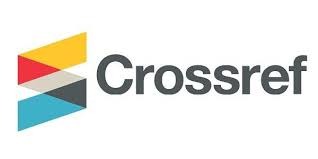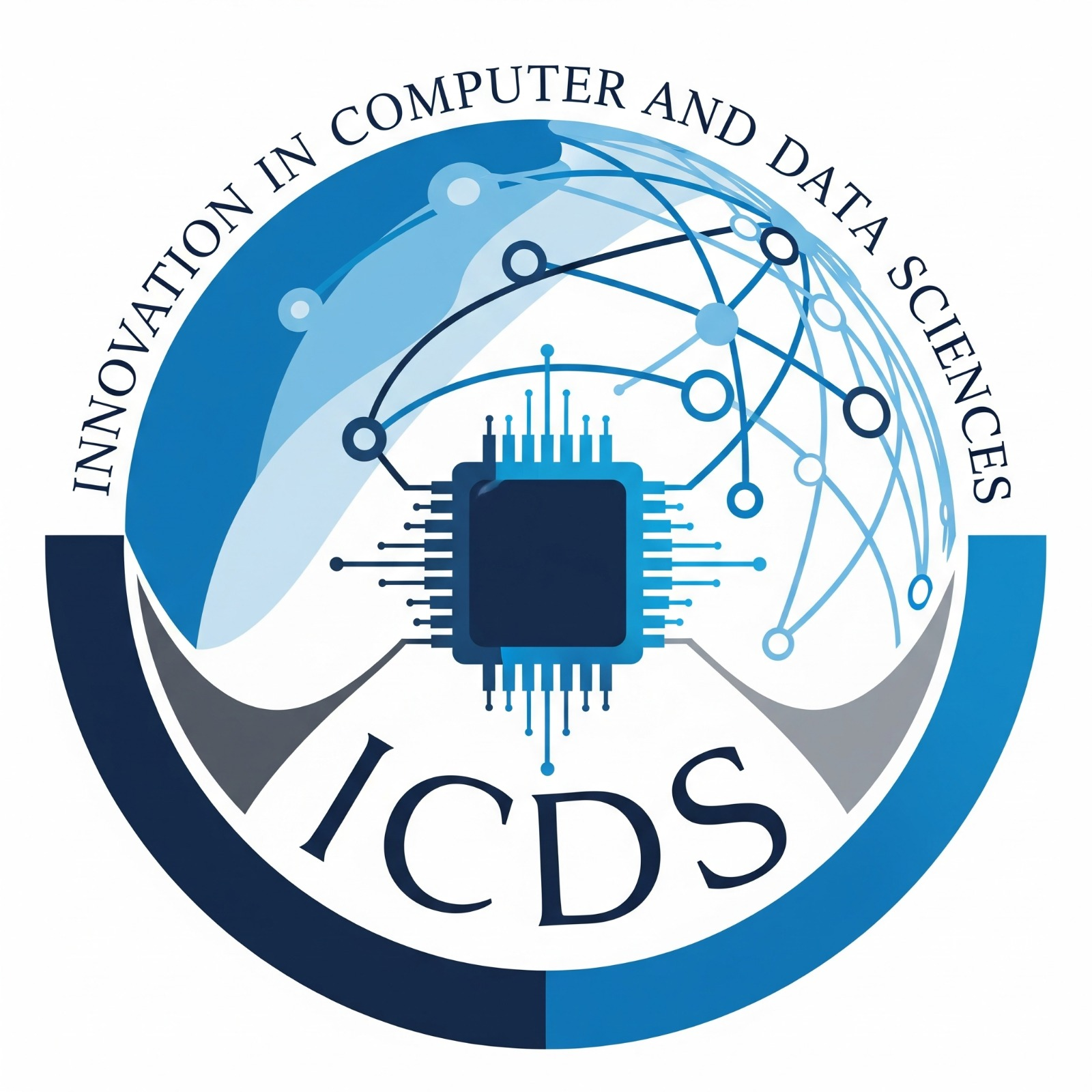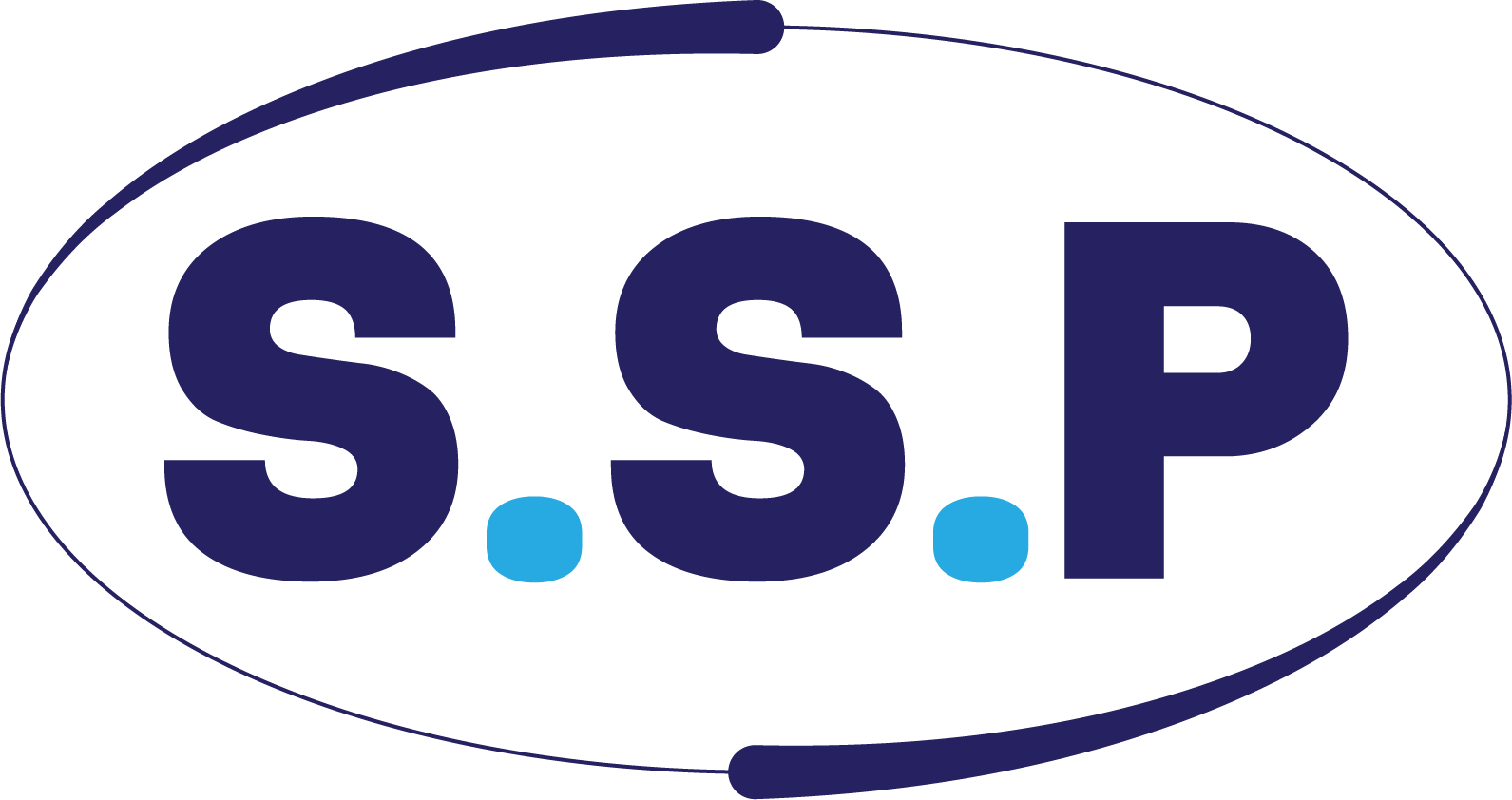Publication Ethics
All manuscripts must be original and have not been previously published or be under consideration for publication by another journal. Research is refereed through a double-blind review process, ensuring the confidentiality of both authors' and reviewers' identities.
Misconduct
The editors of the ICDS journal take every precaution to identify, detect, and prevent instances of data fabrication, authorship abuse, falsification, image manipulation, unethical research, plagiarism, biased reporting, duplicate publication, and undeclared conflicts of interest.
Fabrication, Falsification, and Image Manipulation
The ICDS journal uses advanced systems to identify, detect, and prevent data fabrication, falsification, and image manipulation. Unless image editing is specifically required for clarity, authors must explain how the manipulation was accomplished. If it is discovered that the results of a submitted manuscript or published article were fabricated or falsified, the authors may face penalties, and the publications may be withdrawn.
Plagiarism
The ICDS journal makes every effort to verify that manuscripts are original work and to avoid plagiarism and duplicate publication. The use of words, figures, or concepts from another person without proper credit is prohibited. Reuse of language must be kept to a minimum, credited or quoted in the text, and all sources must be cited. The ICDS journal uses Turnitin or Crossref Similarity Check to identify submissions that contain plagiarism. If a manuscript is found to be plagiarized (more than 20% overall or 5% from a single source), it will be rejected, and the authors may face penalties. Published articles may be subject to a retraction.
Duplicate Submission and Redundant Publication
The ICDS journal makes every attempt to identify, detect, and prevent concurrent or duplicate submissions. Manuscripts submitted to the ICDS journal must be withdrawn before being submitted elsewhere and cannot be submitted to other journals while under review. Authors whose articles are found to have been submitted simultaneously elsewhere may face sanctions. If authors base a submitted manuscript on their own previously published work, they must reference the earlier articles and explain how their submitted research is unique. The authors are responsible for seeking permission from the copyright holder before using any of their own words or figures in significant numbers.
Sanctions
According to ICDS journal policies for handling unethical activity, the following actions are taken if any violations of publication ethics or professional norms are found:
- A warning letter to the author detailing the misconduct.
- Immediate rejection of the submitted manuscript.
- A probationary period is applied to all responsible authors regarding any future submissions to our journals.
- A probationary period is applied to all responsible authors regarding serving as referees/reviewers for our journals.
- Formal retraction or withdrawal of a publication from the journal.
Editors and Reviewers as Authors
The ICDS journal adopts clear policies and processes to exclude editors and reviewers from publishing decisions when they are authors of a submitted manuscript.
Conflicts of Interest
Authors must identify and declare any personal circumstances or interests that may be perceived to be inappropriately influencing the representation or interpretation of reported research results. The authors are responsible for disclosing all potential conflicts of interest for all co-authors.
Any role of the funders in the design of the study; in the collection, analysis, or interpretation of data; in the writing of the manuscript; or in the decision to publish the results must be declared in this section. If there is no role, please state: 'The funders had no role in the design of the study; in the collection, analysis or interpretation of data; in the writing of the manuscript; or in the decision to publish the results.’
Authors: Authors are required to disclose any potential conflicts of interest in a section titled "Conflicts of Interest", along with an explanation. If there are no conflicts of interest, the authors should state: "The authors declare no conflict of interest."
Editors: Editors and reviewers should decline to be involved with a submission if they:
- Have a recent publication or current submission with any author.
- Share or recently shared an affiliation with any author.
- Collaborate or recently collaborated with any author.
- Have a close personal connection to any author.
- Feel unable to be objective.
Reviewers: Reviewers must disclose any potential conflicts of interest in the "Confidential" area of the review form, where the editor will take them into account. If editors or reviewers have spoken to the authors about the article in the past, they must disclose this.
Copyright
The journal's website provides a comprehensive explanation of copyright and licensing (in the guidelines for authors). By submitting a paper for publication, the authors acknowledge that their work is unique and is not submitted to another journal. The authors immediately consent to grant our journal exclusive copyright in the event that the manuscript is accepted for publication.



